We look at the rules governing product weight, and how a checkweigher can help a food manufacturing business ensure compliance.
Three years ago, Tesco pulled 70,000 packs of garlic bread slices from shelves after a routine check by trading standards officers in Aberdeenshire found some were underweight by as much as 20%.
The incident serves as a reminder of the essential role of accurate weighing.
In the UK, the Weights and Measures (Packaged Goods) Regulations 2006 apply to packaged goods and also bread that is sold either unwrapped or in open packets and intended for sale in pre-determined units of weight that are not less than 300g a loaf and not more than 10kg a loaf.
A batch of packaged goods must, at the time of production, comply with the following three rules:
- The actual contents of the packages must not be less, on average, than the nominal quantity (the weight or volume marked on the packages)
- The proportion of packages that are below the nominal quantity by a defined amount – called the tolerable negative error (TNE) – must be less than a specified level, in general no more than 2.5%
- No package should be below the nominal quantity by more than twice the TNE.
“Overall, weight regulations aim to protect consumers against short weight or measures,” says Russell Morgan, product inspection specialist at Mettler-Toledo, pointing out that regulations differ slightly depending on country, so it is important for a business to familiarise itself with the requirements for any region into which it or its customers are selling.
A checkweigher product inspection system works by weighing each packaged product in real time, classifying all items by pre-defined weight parameters and rejecting any non-conforming goods for further investigation. It can be applied at various stages in the baking process.
During batching, for example, it is important to ensure dough is portioned accurately, so that the finished product is of consistent size and weight.
Checkweighers can monitor in real time and even make minor adjustments to a dough divider to compensate for in-process fluctuations caused by fermentation, which affects volume and weight.
Compensating for incremental changes manually is a time-consuming process, so using a checkweigher at the batching stage not only aids compliance and consistency of the finished product, but also saves time and money, says Morgan.
Further down the line, checkweighers can be applied to ensure compliance of packaged goods.
For example, one bakery is using a Mettler-Toledo checkweigher to detect and reject under- and over-filled packages on its cookie line. The primary purpose of this is to make sure cookies in a tub don’t weigh less than the amount on the label. An additional benefit is that it rejects overweight packages to help the bakery quickly identify and correct problems before it sells tubs with too many cookies.
Morgan says that in Europe, the onus to comply with the Measuring Instruments Directive (MID) rests with the checkweighing supplier.
The regulation covers the production and performance requirements of the checkweigher at purchase stage to legal verification on installation. This ensures manufacturers only purchase high-quality weighing instruments. Following installation, the manufacturer must check ongoing compliance with local weights and measures standards.
In home-baking, correct weighing can be the difference between a light, fluffy sponge and a soggy bottom, but in the commercial bakery it means so much more than that.
Case Study: Traybakes, Cumbria
Cumbrian baker Traybakes produces handmade treats that are available at retailers including Waitrose and are supplied to the Wimbledon tennis championships.
Indeed, 2018 was the third year that Traybakes were available at Wimbledon, with more than 40,000 confections, including Caramel Shortbread, Cinder Road and Biscuit Tiffin prepared for the tournament.
“Authenticity and using ingredients from the larder are very important to us,” explains managing director Justine Carruthers.
“We have a very dedicated team that consists mainly of women who are self-taught and, because we are a small team, we are nimble and multi-skilled – which creates flexibility in production. We still bake in small batches by hand, so we use scales for recipe make-up.
“Weighing equipment is important for quality and consistency, but perhaps not as essential as it would be on a mass production line.”
In its early years, the business used mechanical scales, but has since invested in industrial bench scales that can be linked to production software.
“We get the equipment calibrated annually and there’s not much chance of human error in weighing and measuring, because all our production technicians are fully trained in practices and procedures and their competency is monitored.”
She adds that lessons have been learned over the years, and that in the early days of mechanical weighing there would occasionally be a mix-up between pounds and kilograms.
“Some ingredients could be viewed as more difficult to weigh than others. As all of our batch sizes are small, all ingredients are manageable, but syrup is always a sticky one.”
Carruthers says that, as well as accurate weighing and measuring, traceability is essential to the business.
“We have software for warehousing and stock hold, but all recipe make-up sheets are currently on a paper system although we are looking at transferring these to a software system that will incorporate scanners.
“We are SALSA-accredited, which is a recognised food certification that demonstrates we are producing products in a safe and legal manner. This includes a HACCP plan, policies and procedures and the auditing and maintaining of safe systems at work.”

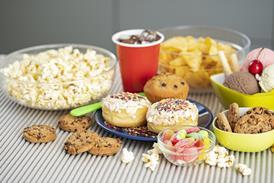
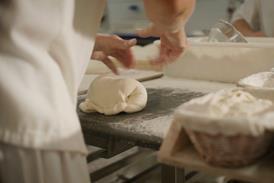
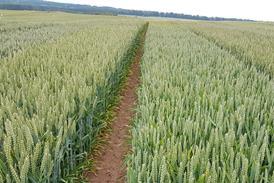
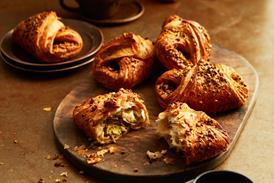
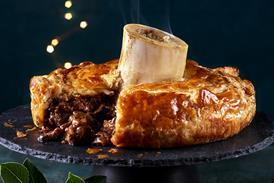
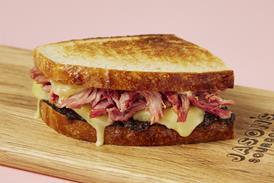


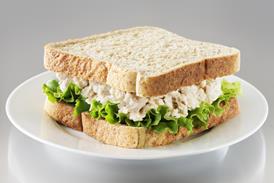



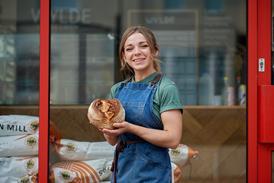
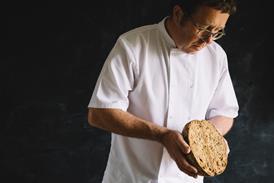
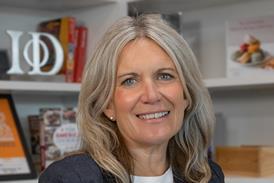



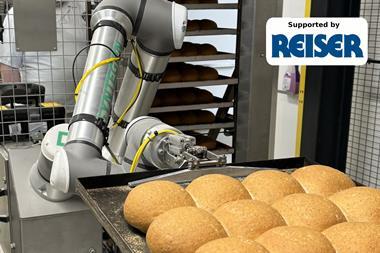
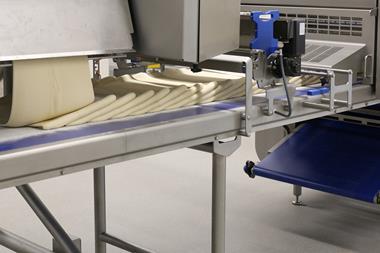
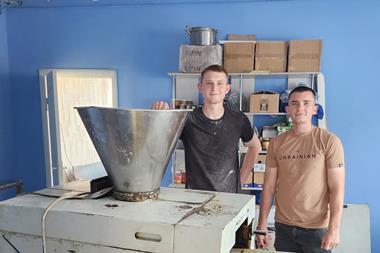


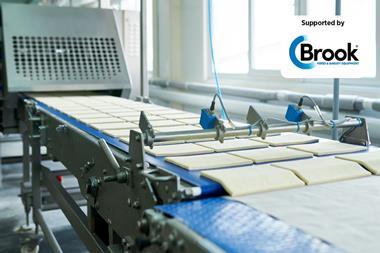

No comments yet